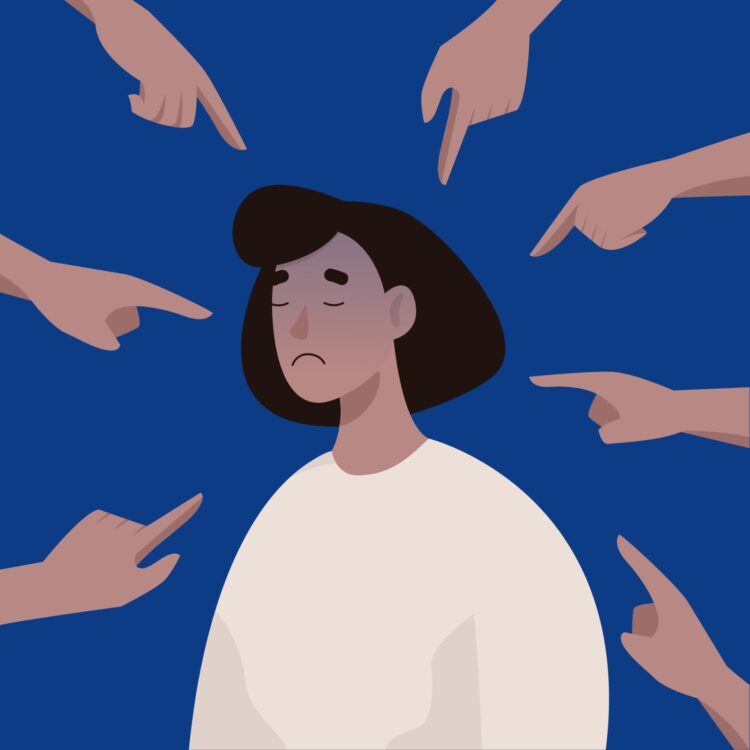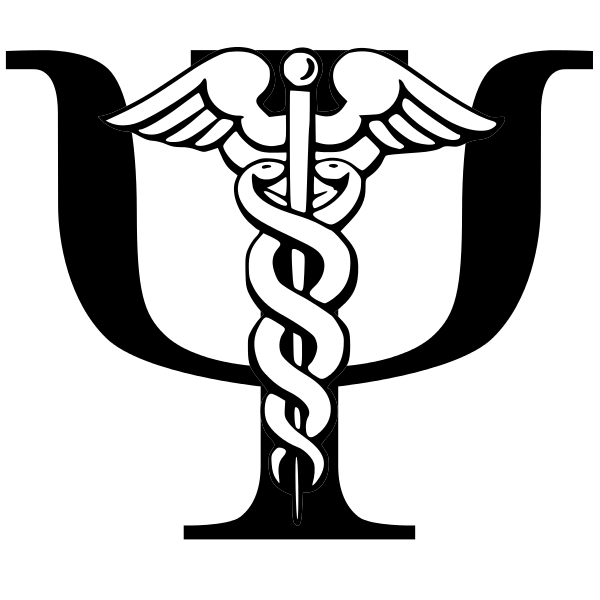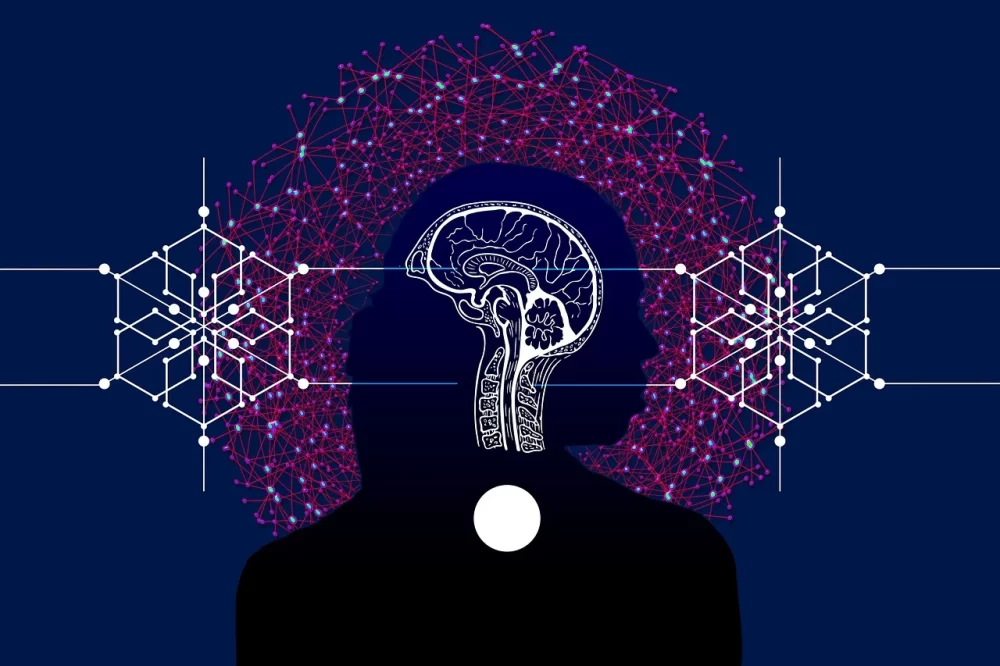Opinion: The invisible pill
As patients, doctors have earned our trust and attention. We choose them based on experience, recommendation, or prestige, but ultimately, we put our care in their hands. Despite this trust, we expect to maintain free will when deciding to continue or decline treatment. For those with exacerbated neurodegenerative diseases and various mental disorders, would you […]
Opinion: The invisible pill Read More »








